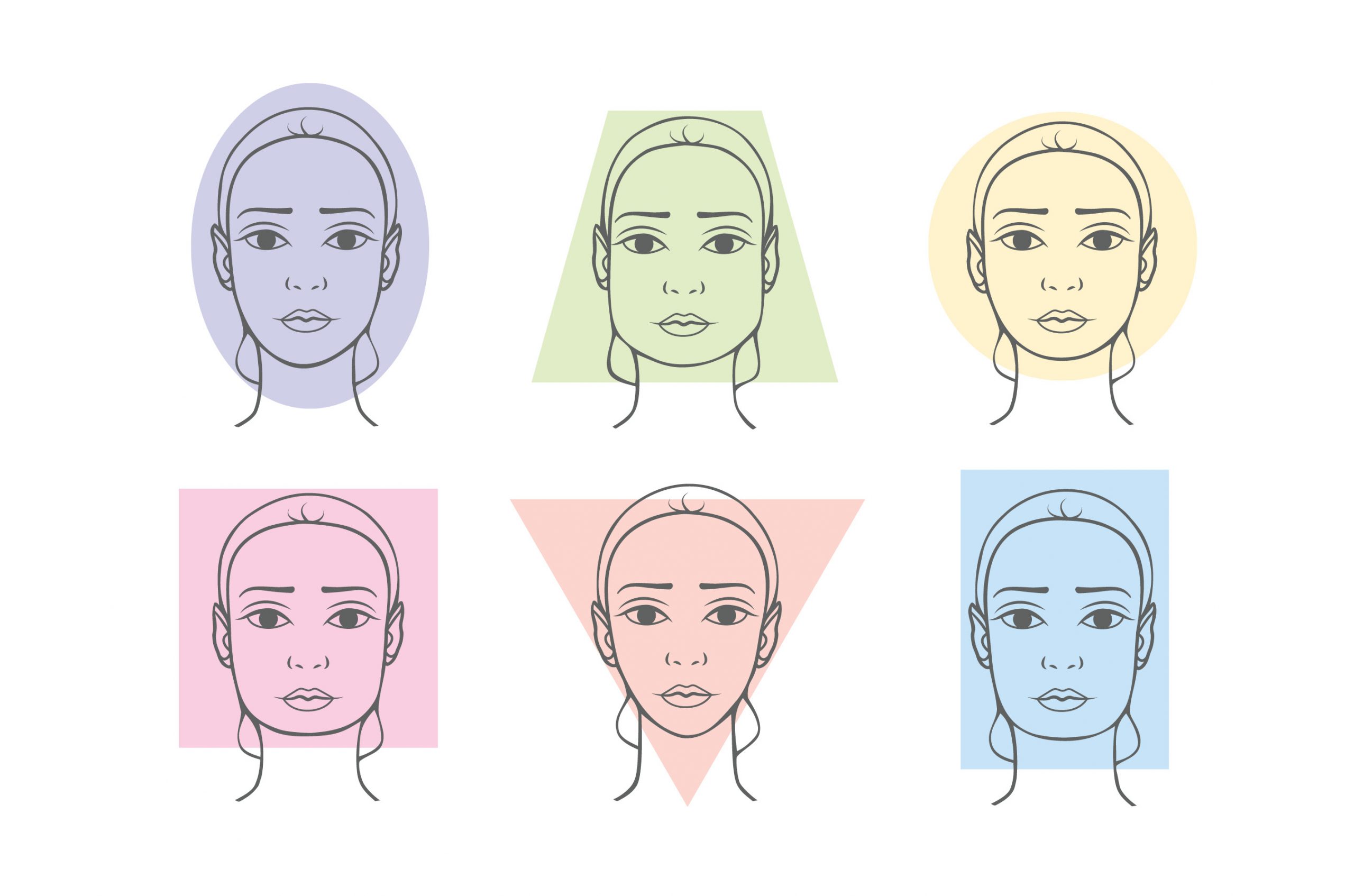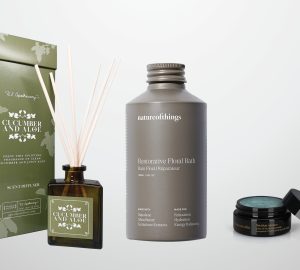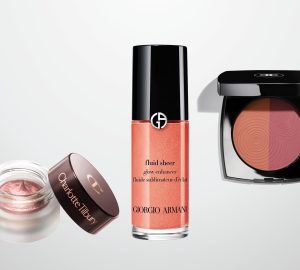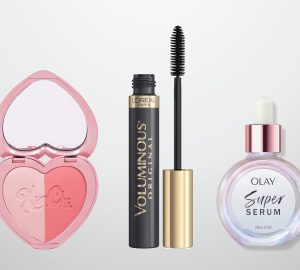Your skin is as unique as you are. Knowing what it needs—and what it doesn’t—can go a long way toward keeping it healthy and vibrant. We reached out to board-certified SLUCare dermatologist Dr. Mallory Abate to learn how to best care for some common skin types.
dry
Your moisture barrier helps protect your skin while keeping moisture in. While genetics can also play a part, Abate says damage to this barrier is the main cause of dry skin. “Patients often ask if their skin is dry because they aren’t drinking enough water,” she notes. “In practice, that is not likely to be the cause. Treating dry skin is all about how much moisturizer you apply to restore the broken moisture barrier.”
tips for dry skin
- Don’t take long showers because hot water can draw more moisture from the skin, leaving it even drier and itchier.
- Pick gentle, moisturizing soaps over antibacterial or harsh cleansers, which strip the skin’s natural moisture barrier. “Dry, cracked hands have been an issue this year because of the increased hand washing and use of hand sanitizer,” Abate says.
- Avoid wearing wool clothing, and opt instead for cotton, which is less likely to cause friction and irritate dry skin.
- Use a thicker cream moisturizer rather than a thinner lotion. “For extremely dry skin, I would suggest an ointment-type product like CeraVe, Aquaphor or even plain Vaseline,” Abate notes. “They may seem greasy, but they restore the moisture barrier.”
oily
“Oily skin occurs because the sebaceous glands produce too much sebum, which is what we refer to as oil,” Abate explains. “It can clog pores and lead to acne breakouts, and the issue also can impact the scalp, resulting in dandruff, hair thinning or even hair loss.” While many people associate oily skin with greasy or unhealthy foods like pizza, chocolate or processed sugar, your sebum levels are primarily determined by genetics and hormones. Oily skin can be difficult to treat, and Abate notes that extreme causes often require prescription medications that target oil glands.
tips for oily skin
- Wash your face every morning, evening and after exercise.
- Don’t sleep in your makeup, and when possible, use water-based, oil-free products.
- Moisturize with lightweight products. “Heavy moisturizers can potentially seal in more oil,” Abate says. “Choose a lotion that is thin and non-occlusive. Don’t use something like Vaseline or a heavy overnight cream.” Skin care products labeled “oil free” or “non-comedogenic” are good choices because they won’t clog pores or cause breakouts.
- Avoid oil-or alcohol-based cleansers, which can irritate your skin.
mature
Our skin naturally changes as we age. The moisture barrier’s function decreases, leaving skin drier. Bruising can be more common due to the skin becoming thinner. Wrinkles and age spots appear. “Much of the sun damage we receive in our teens and twenties doesn’t become apparent until our 50s,” Abate notes. “It’s often after decades that we see brown spots, precancerous lesions and skin cancer.”
tips for mature skin
- Protect yourself from the sun. “It prevents your skin from aging faster and sustaining sun damage that can lead to cancer,” Abate says. Stay in the shade when possible, wear sun protective clothing and use a broad spectrum sunscreen that is SPF 30 or higher daily.
- Change your skin care routine if you’re seeing new issues. Dryness and itchiness may be caused by harsh soaps, fragrances or other irritants.
- Consult your dermatologist about hormonal acne. “As women age, they can break out on their chin and jawline,” Abate explains. “Instead of the topical acne treatments used in the teenage years, it requires hormone-targeted therapy.”
- Consider a prescription topical retinoid if you are concerned about age spots or fine lines.
- Wear compression socks or stockings. “As we age, the veins in our legs become less competent,” Abate says. “Along with swelling and spider veins, this can cause rashes.”
sensitive
Sensitive skin reacts more to the elements—whether it’s internal like lack of sleep or hormones or external like environmental pollutants or topical products. Abate notes that it commonly manifests in two main ways. “The first is eczema or atopic dermatitis, which makes the skin red and itchy,” she explains. “The second is rosacea, which results in red skin, a burning sensation and irritation.”
tips for sensitive skin
- Keep the skin well moisturized. With both rosacea and eczema, the skin’s moisture barrier is compromised.
- Use skin care designed for sensitive skin. “People with rosacea especially are sensitive to topical products,” Abate notes. “Products can include fragrances and other irritants, so we recommend choosing bland soaps and moisturizers.”
- Wear cotton clothing and wash your clothes with “free and clear” laundry products if you have eczema.
- Avoid triggers for rosacea, such as sunlight, overheating, alcohol, caffeine and spicy food.
- Don’t use anti-aging products if you have rosacea. “Topical retinoids, ingredients like salicylic acid and harsh toners can make sensitive skin more red and irritated,” Abate says.








